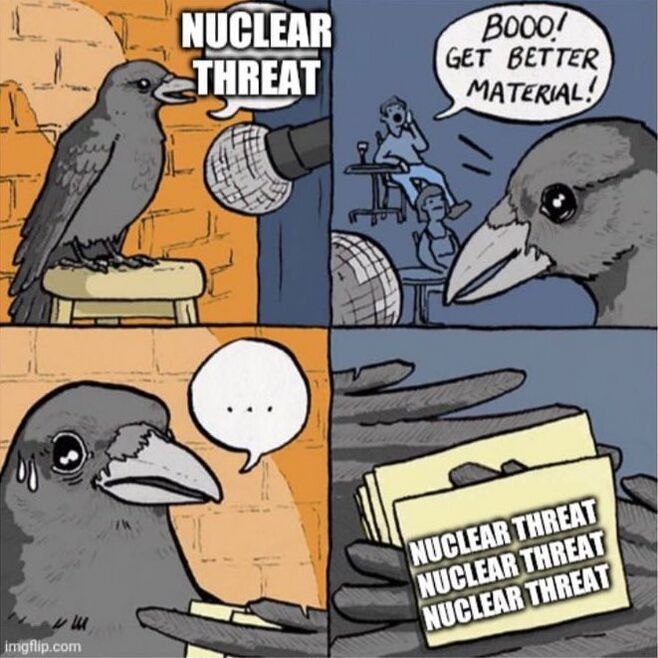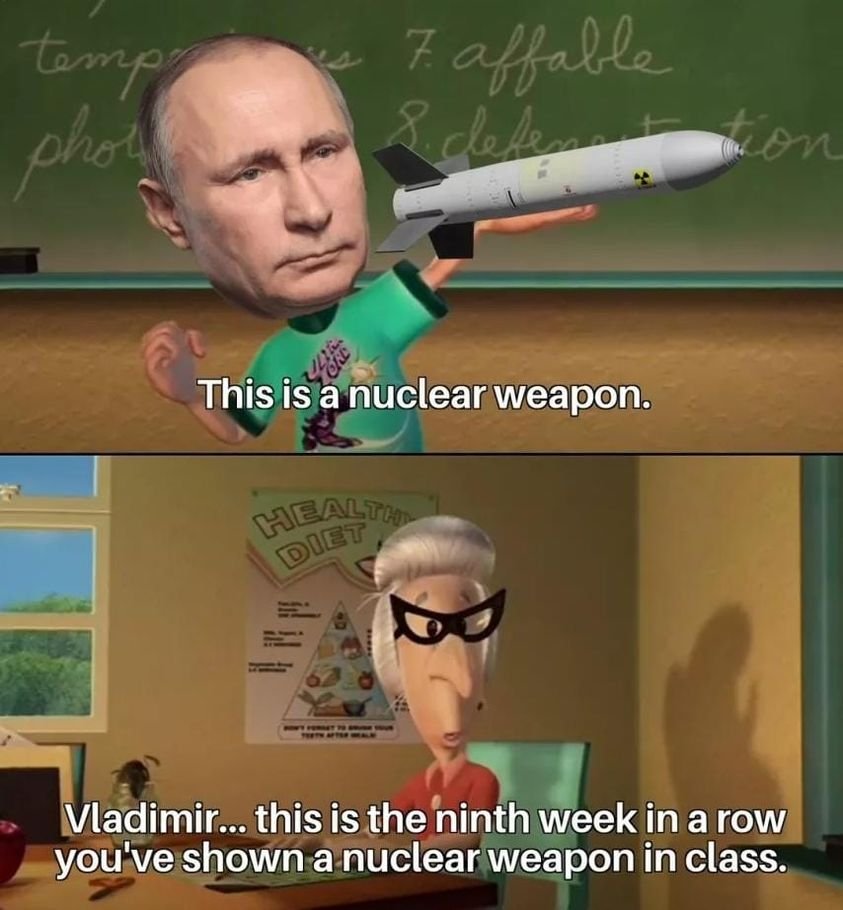In today’s Vatnik Soup, I’ll introduce KOOS party leader and Estonian crypto businessman Oleg Ivanov. He’s best known for running shady businesses, spreading Russian false narratives in Estonia, and participating in the pro-Kremlin political party KOOS.
1/18
1/18

As a talented youngster, Oleg learned Estonian almost flawlessly, was a promising karate athlete, and landed a job at a law firm at just 20. He caught the eye of Estonian fuel entrepreneur Endel Siff, who quickly took him under his wing.
2/18
2/18
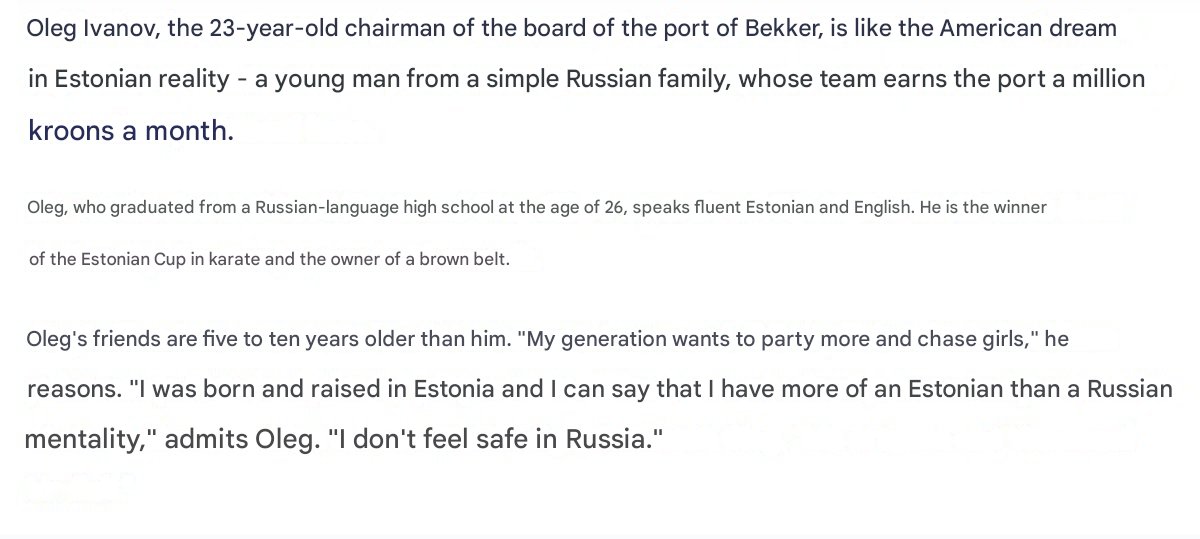
Oleg’s father, Vladimir Ivanov, was a longtime politician from the Russian-funded United People’s Party of Estonia. His career at the town hall ended abruptly when he was caught drunk at work. After that, he went into business with his son, Oleg.
3/18
3/18
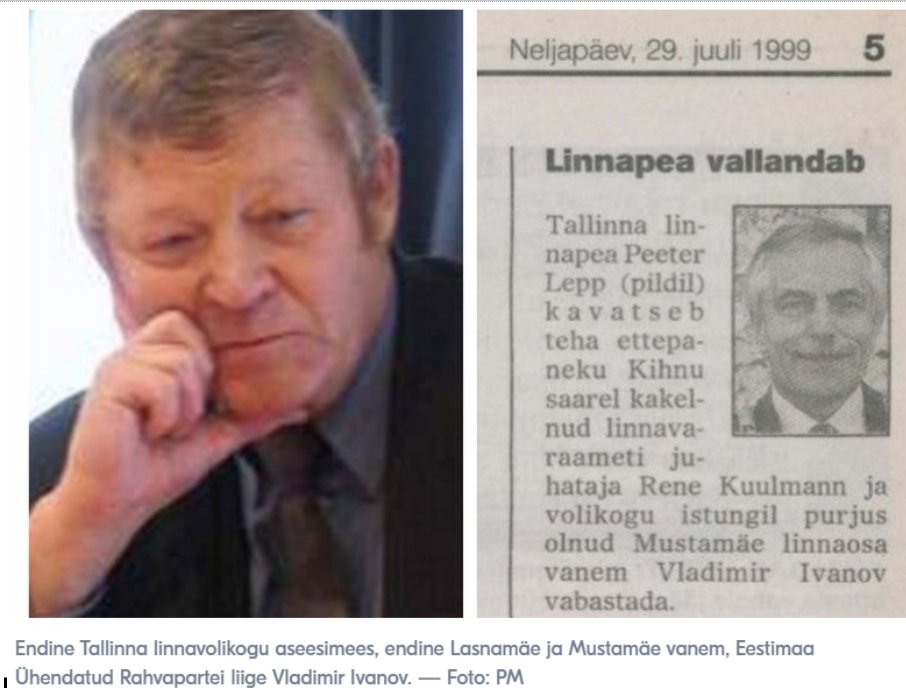
The Ivanovs owned a supermarket in Lasnamäe. Additionally, Oleg held a stake in the Russian-language newspapers Vesti and Eesti Päevaleht. Previously introduced Estonian MEP Jana Toom became the paper’s editor-in-chief in 2004.
4/18
4/18

In 2012, Ivanov bought Terminal Sapjorni, an oil terminal in St. Petersburg. The business was a failure, and like many scammers at that time, he pivoted to crypto, marketing OneCoin and DagCoin.
5/18
5/18

DagCoin gained popularity in the Middle East, but Estonia’s state security police (KAPO) flagged it as a potential vehicle for terrorist financing. In 2022, DagCoin’s owners were arrested for fraud. Ivanov, however, was only a marketer, not a manager, so he remained free.
6/18



6/18




Despite declaring bankruptcy in 2021, owing creditors €816,000, Oleg continued living a life of luxury. He resides in a beautiful home, drives a fancy car, wears expensive clothes, and recently vacationed in Monaco, France, and Tenerife.
7/18


7/18



Ivanov’s political career kicked off in 2022, barely a month after Russia’s full-scale invasion of Ukraine. His video blogs amassed hundreds of thousands of views and were widely shared by Russian propaganda outlets. He actively pushed the “Bucha was a hoax” narrative.
8/18
8/18

After its creation, Oleg joined the pro-Kremlin political party KOOS. But KOOS was never a real political party: it was a front for Russian influence. With Ivanov’s help, it spread Moscow’s disinformation, portraying NATO as an “occupier” and Estonia as “anti-Russian.”
9/18
9/18
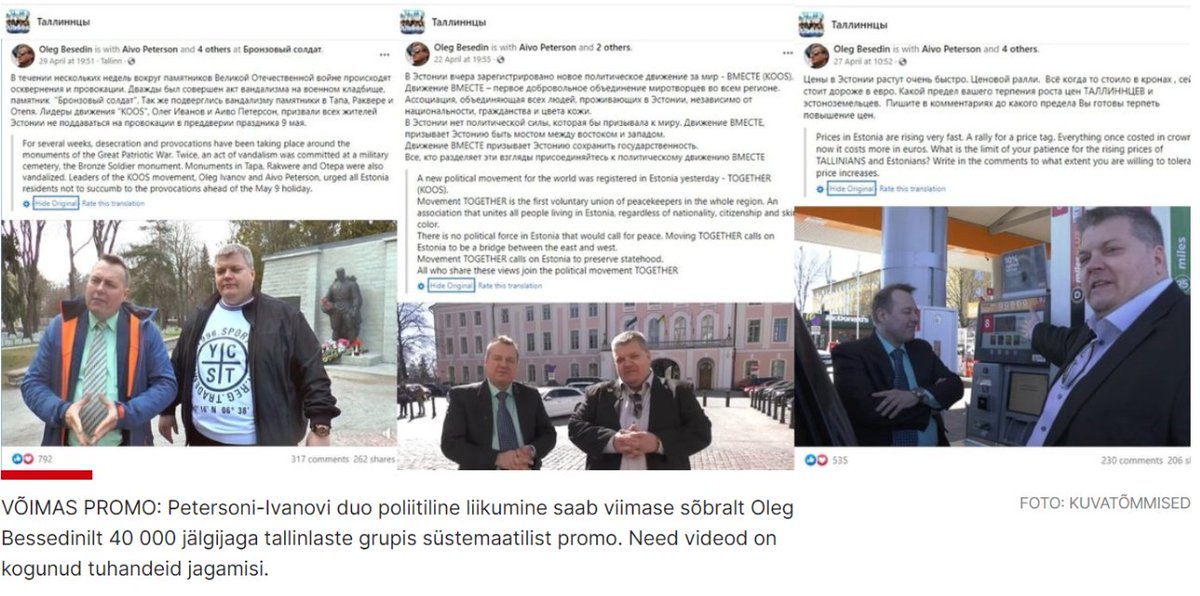
Leveraging his experience in crypto marketing, Oleg began aggressively promoting KOOS online. His approach involved flashy conferences, slick advertising, and shady financials. For Ivanov, KOOS wasn’t just politics—it was another business opportunity.
10/18


10/18

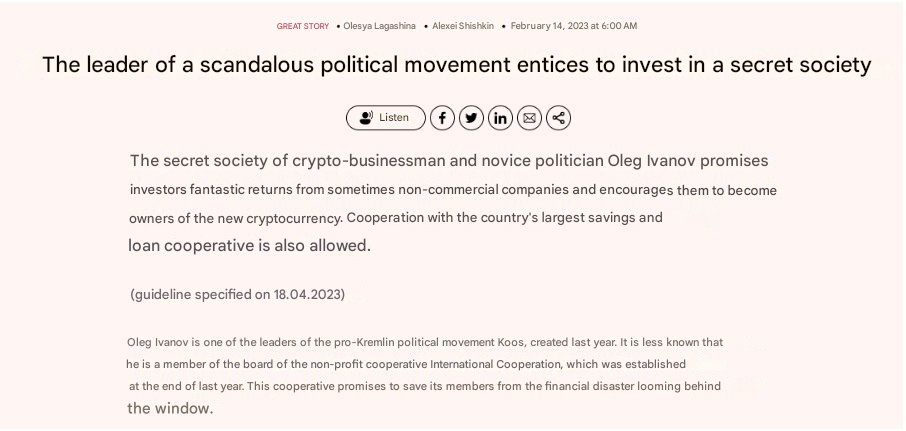

One of Ivanov’s biggest stunts was his protest against Estonia’s decision to remove Soviet-era monuments. These were symbols of occupation, but Ivanov framed their removal as an “attack on history,” deliberately stirring tensions.
11/18
11/18
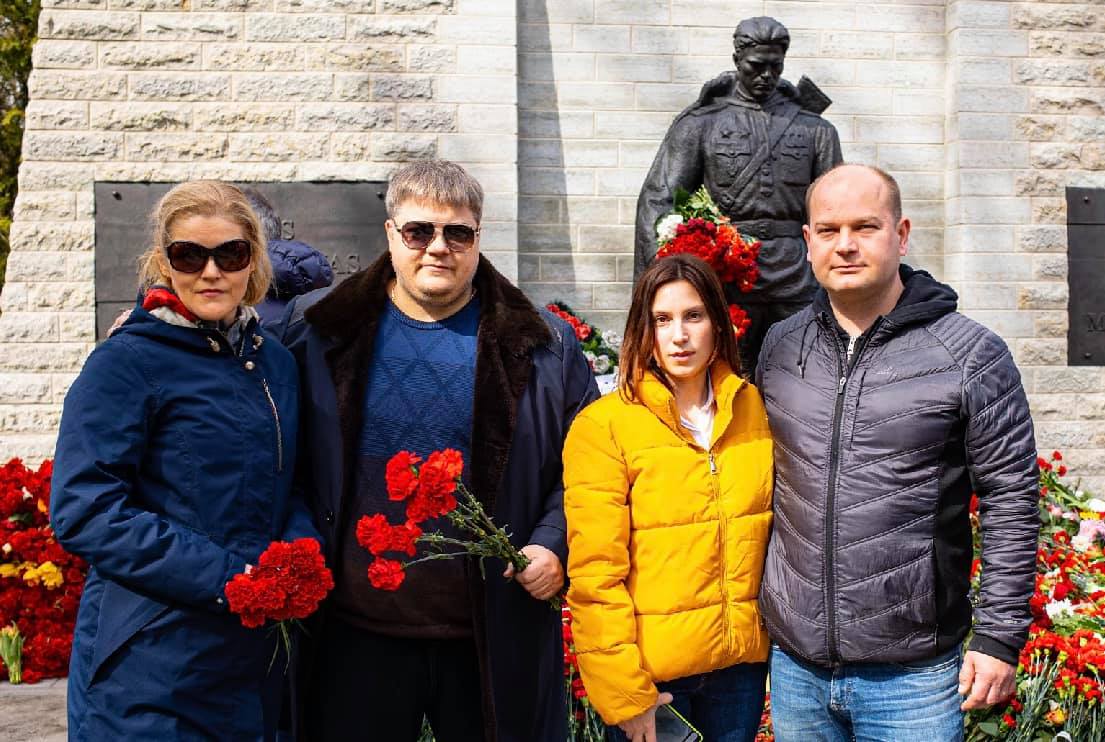
He organized demonstrations, spread false claims that Estonia was “erasing history,” and pushed the Kremlin’s narrative that the Baltic states were trying to paint Russia as the villain. In reality, Estonia was simply rejecting the Soviet legacy of oppression.
12/18
12/18

His rhetoric mirrored that of other pro-Kremlin propagandists in Estonia. He claimed the country should remain “neutral” to avoid being dragged into war with Russia. He also collaborated with other Estonian vatniks, like Harry Raudvere, Aivo Peterson & Oleg Bessedin.
13/18
13/18

Ivanov was organizing funds from a Russian state foundation linked to Russian intelligence to pay for the lawyers of the co-founder of the KOOS Party, Aivo Peterson, who is facing treason charges for his ties with Russian intelligence.
14/18
14/18

He also attended an event in St. Petersburg titled “Baltic Fascism: Evidence for a Future Tribunal.” In his own speech, he called for the Kremlin to respond to Estonia’s “aggressive policies.” The event’s poster called for “liberation” of Tallinn, Vilnius and Riga.
15/18

15/18


He tried to expand KOOS into the other Baltic states and Finland but has since departed it due to “financial questions from the leadership of the party,” probably meaning that Oleg yet again tried to make some extra rubles from the party’s activities.
16/18

16/18

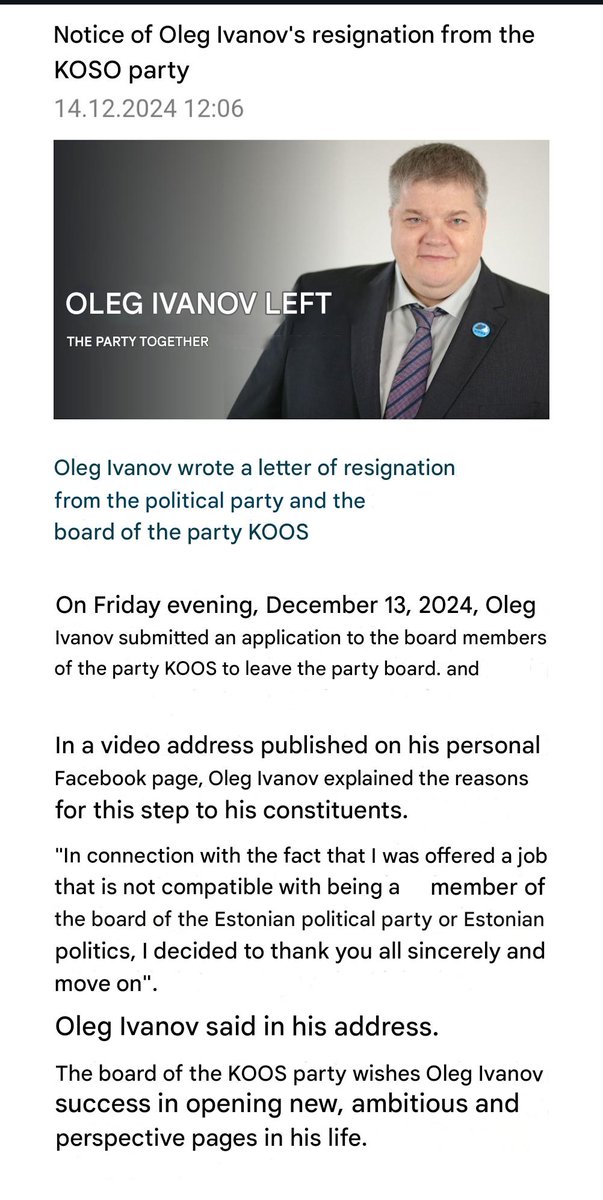
Like many before him, Oleg fled to Russia after there were rumors of legal consequences for his actions. According to him, Estonian security services moved against him for spreading extremist ideas and working in the interests of a foreign power.
17/18
17/18

Today, he resides in sunny Sochi, where he was quickly embraced as yet another so-called “victim of Western persecution.” Russian state media turned him into a propaganda tool, claiming Estonia had driven him out simply for his political views.
18/18
18/18

Big thanks goes to @Martinlaineolen for helping me brew this soup.
The 2nd edition of “Vatnik Soup — The Ultimate Guide to Russian Disinformation” is officially out!
You can order your copy here:
kleart.eu/webshop/p/vatn…
The 2nd edition of “Vatnik Soup — The Ultimate Guide to Russian Disinformation” is officially out!
You can order your copy here:
kleart.eu/webshop/p/vatn…
• • •
Missing some Tweet in this thread? You can try to
force a refresh



























